The year 2022 began with the news that the Union Home Ministry had cancelled the foreign contribution licences of 5968 non-governmental organisations including most famously Mother Theresa’s Missionaries of Charity.
Many of these organisations were doing charitable, educational and cultural activites. They included IIT Delhi, Jamia Milia Islamia, Nehru Memorial Museum and Library, Oxfam India, India Islamic Cultural Centre, India Habitat Centre and Lady Shri Ram College for Women among scores of other organisations.
The cancellation of this permission to receive foreign funding has constitutional implications. The Constitution recognizes the right to form associations. A crucial component of this right is the right to secure financial resources for the work that your organisation proposes to do. The right to associate is meaningless, if your financial viability is restricted.
The Home Ministry by broadly targeting these institutions and organisations which work in cultural, charitable and educational fields is impoverishing India both literally and metaphorically.
Article 13 of the UN Declaration on Human Rights Defenders recognizes the right of both individuals and organisations to ‘solicit, receive and utilize resources for the express purpose of promoting and protecting human rights and fundamental freedoms through peaceful means.’ While the right to seek funding from abroad can be subject to reasonable restrictions on constitutionally recognized grounds such as ‘national sovereignty ’, it cannot be an arbitrary restriction of this right.
With respect to the internationally respected Missionaries of Charity, the media reports indicate that the cancellation of the license was based on the ‘adverse input’ of an ‘allegation of conversion’ against the Director of one home. Leaving aside how true this allegation is, when Missionaries of Charity has over 60 centers around the country, this cancellation of the license of Missionaries of Charity seems to be an over reaction which can’t be justified as a ‘reasonable restriction’ of the right of the Missionaries of Charity under the constitution to form associations.
The adverse international reaction including a severe criticism of the decision in British parliament. This seems to have prompted a rethink within the Home Ministry which has silently restored the license of the Missionaries of Charity. Hopefully the Home Ministry will rethink its decision to not renew the licenses of many other organisations as well.
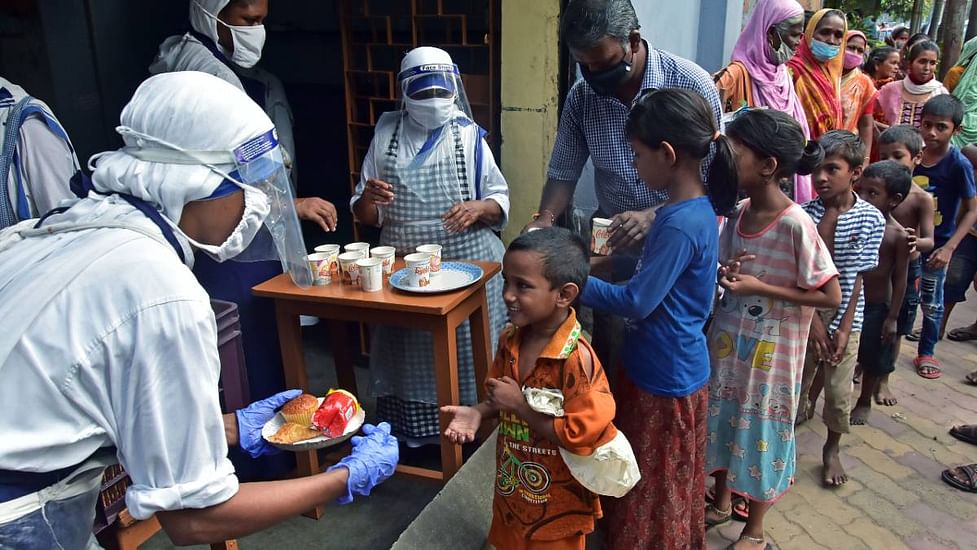
What is troubling about this decision by the Home Ministry is the targeting of educational, charitable and cultural activities. If we go by the cancellation of the license of the Missionaries of Charity, it is the targeting of charitable activities among the ‘poorest of the poor’, including the homeless, elderly, leprosy patient and the dying. If we see the activities of the India Islamic Cultural Centre, the organisation aims to ‘promote the true face of Islam which is more tolerant, liberal, progressive, rational’. The organisation also aims to ‘promote mutual understanding and amity among the people of this country’. The Nehru Memorial Museum and Library has been the go to center for many researchers on issues pertaining to both colonial and modern India.
The Home Ministry by broadly targeting these institutions and organisations which work is cultural, charitable and educational fields is impoverishing India both literally and metaphorically. If the state in India has never been a real welfare state, the task of providing support to the most needy has historically been performed by charitable organisations. During the second wave of the COVID-19 it was Muslim and Christian charitable organisations which were at the forefront of the crisis response. These forms of charity must be supported with more resources, not starved of the existing resources that they have. In fact, when the government abandoned the migrant labour during the unplanned lockdown, it was the charity of both individuals and organisations which ensured that people did not starve. The union government must realise that India did not face a full fledged crisis only due to the remarkable spirit of charity that thousands of individuals and organisations showed.
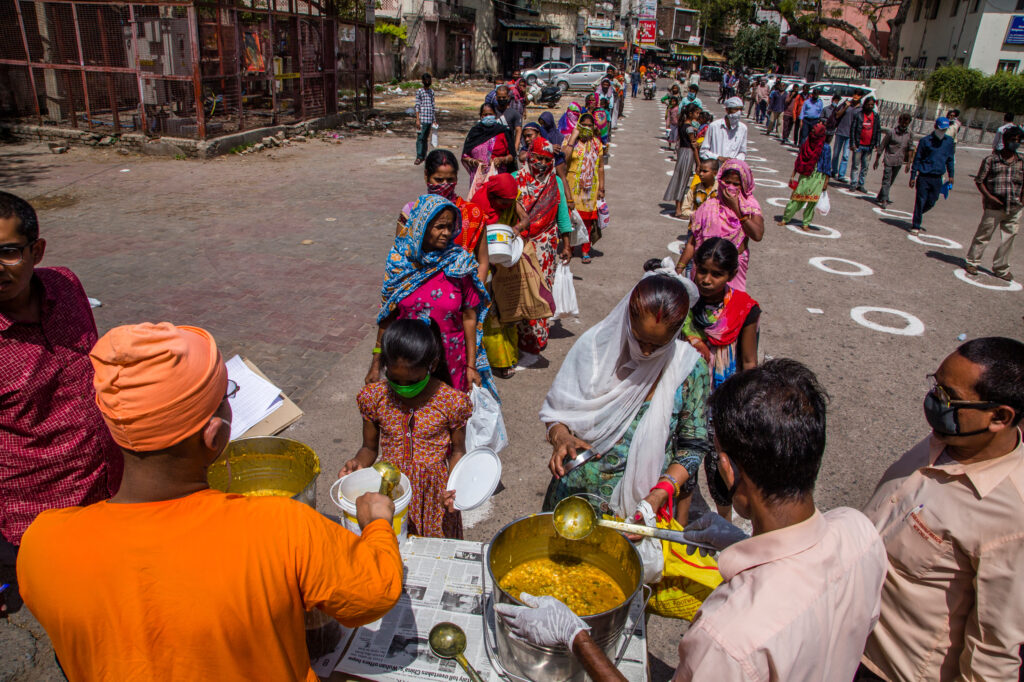
The targeting of the India Islamic Center is similarly short sighted. A grouping which aims at a progressive interpretation of Islam is denied the right to access resources to function. A vital opinion maker from within Islam is sought to be silenced. The targeting of the Nehru Memorial Museum again indicates a narrow mindedness which fails to appreciate the role of history in the life of a people and the importance of encouraging historical research.
Some groups on the radical side would argue that any form of foreign funding is wrong as it fulfils other agendas. There are two responses to this argument.
Firstly, the basis of restricting foreign funding should be on constitutional grounds not mere apprehensions of control of agenda etc. To the extent that the denial of funds is based on arbitrary biases and prejudices ( Like the denial of license to the Missionaries of Charity was alleged conversion in one home) that is unconstitutional. The grounds on which the license to access funds is denied must come within the constitutional parameters of the reasonable restrictions under Article 19(4).
Secondly, the point remains that India does not have a well developed secular charitable tradition. Charity in India is largely bounded by religion and caste. The biggest donations still accrue to temples with Tirupathi Devasthanam being a prime example of ‘religious’ and not ‘charitable’ or ‘cultural’ or ‘educational’ giving. Babasaheb Ambedkar had lamented the lack of what he called ‘public conscience’, by which he meant a ‘conscience which becomes agitated at every wrong; no matter who is the sufferer.’ Till we have within India such a public conscience which results in the creation of resources for charitable, educational and cultural activities, without being bound by religion or caste, secular organisations will be forced to turn to foreign funding.
The author is a lawyer and the founding member of Alternative Law forum based in Bangalore.

















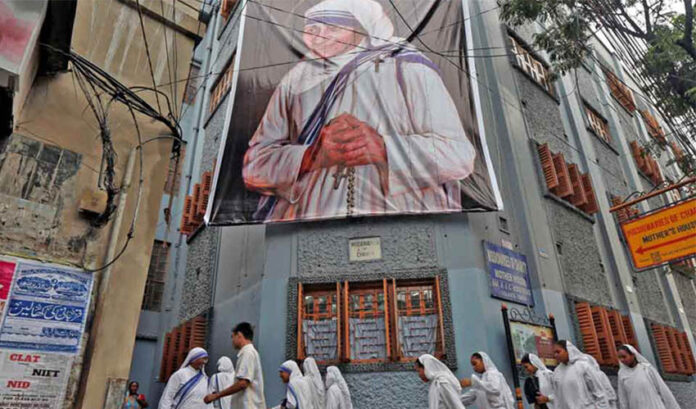
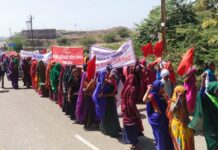
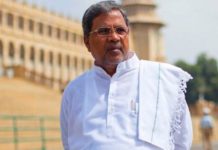










[…] Cancelling Foreign Funding of Charitable Organisations Harms the Welfare of People […]